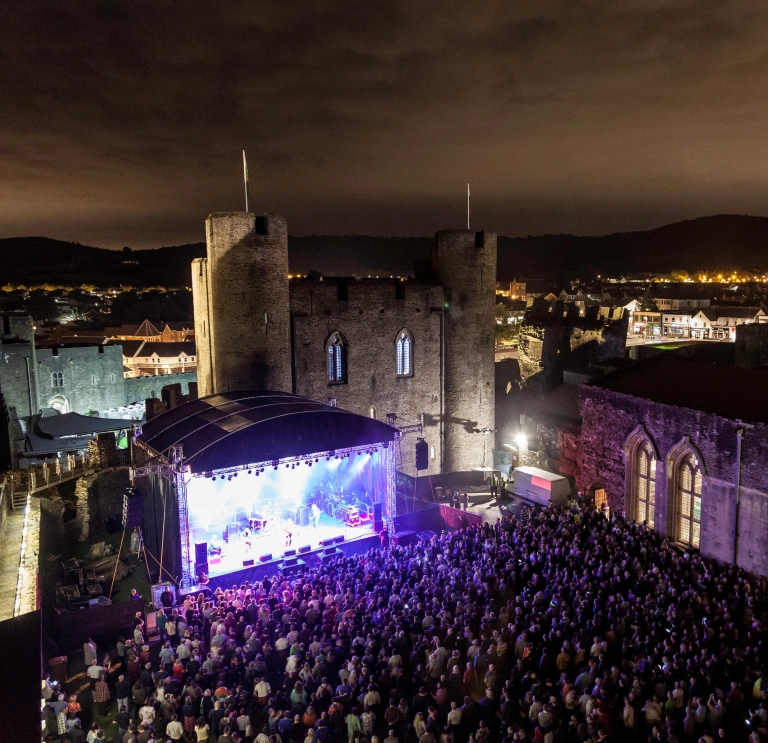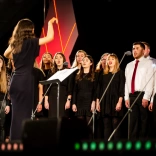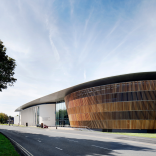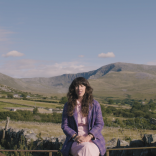Head to Cardiff Bay, and you’ll find two of Wales’ most imposing modern buildings side by side: the Senedd that's home to the Welsh Parliament, and the Wales Millennium Centre, our national arts hub. It’s an apt illustration of how the performing arts are at the very heart of Welsh life.
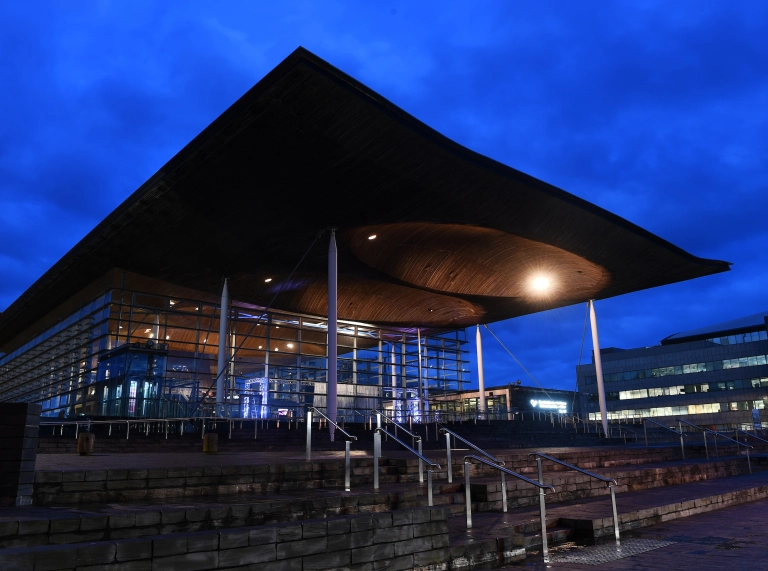
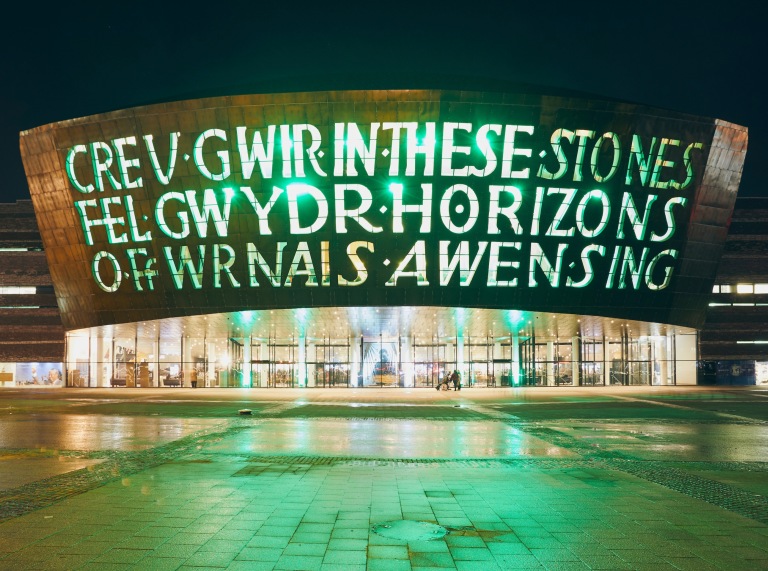
Clad in glinting copper and slate, and adorned with verse in both Welsh and English, the Wales Millennium Centre hosts everything from touring blockbuster musicals and high-kicking dance extravaganzas to free lunchtime recitals in the foyer. It provides a permanent home for a wide range of arts organisations, including National Dance Company Wales, Literature Wales and BBC National Orchestra of Wales – as well as Welsh National Opera, described by the New York Times as one of Europe’s finest operatic ensembles.

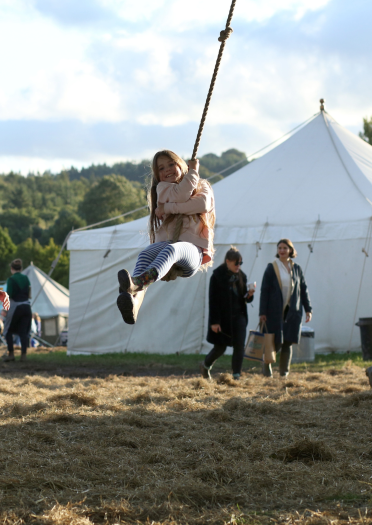
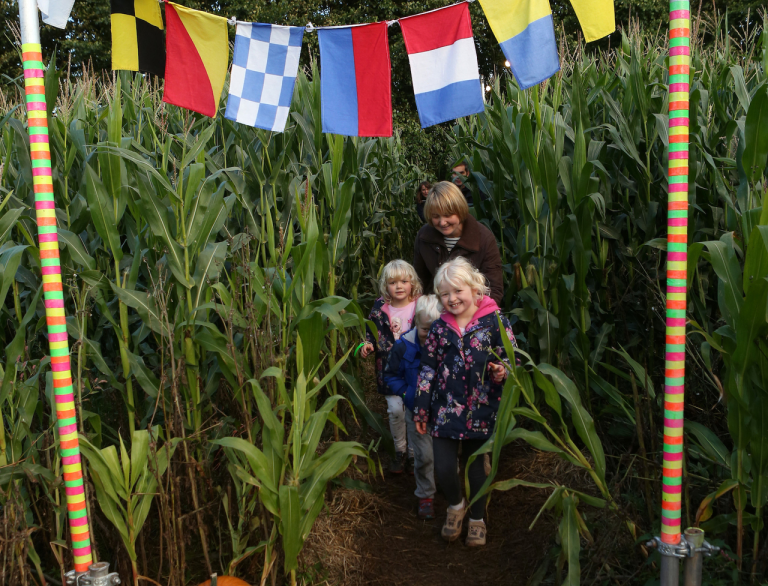
Curtain up
Nothing approaches the sense of occasion when you emerge into an auditorium like the Wales Millennium Centre’s cavernous Donald Gordon Theatre, or Swansea’s Brangwyn Hall with its beautiful floral panels (commissioned for the House of Lords, then rejected for being too colourful). But Wales’ arts scene is as much about smaller-scale performances in more intimate venues.

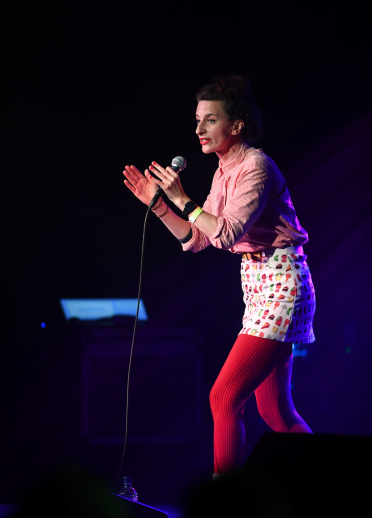
Theatr Clwyd in Mold is a focal point for the arts in North Wales, producing its own acclaimed plays and a rollicking pantomime that’s seen by more than 32,000 people each year. Venue Cymru in Llandudno, on the North Wales coast, hosts live entertainment of all kinds, from opera to boy bands. And Cardiff’s Sherman Theatre has a reputation for risk-taking, experimental productions. It was the first in Wales to be crowned UK Regional Theatre of the Year at The Stage awards.
There’s also National Theatre Wales, producing plays in English, and its Welsh-language counterpart, Theatr Genedlaethol Cymru. Their mission is to go beyond traditional venues, mounting productions in farmyards, aircraft hangars, nightclubs and village halls. And in the summer, we make the most of the long evenings with open-air theatre and films – including events at our beautiful castles.
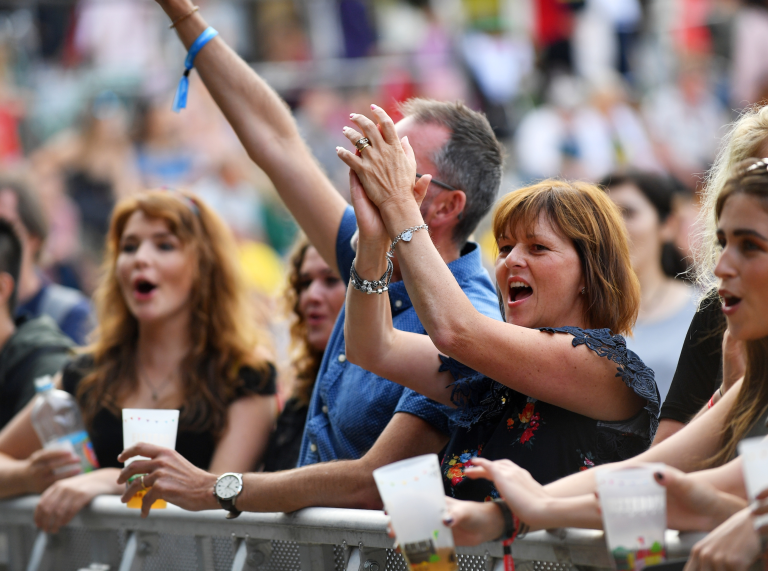
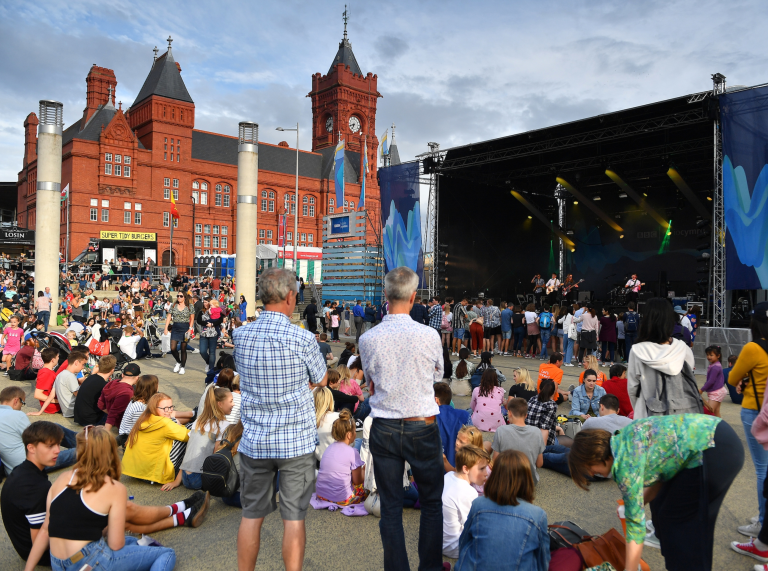
Festival time
Part celebration of Welsh-language culture and part competition, the eisteddfod is an institution unique to Wales. The biggest is the National Eisteddfod, held in the northern or southern half of the country in alternate years. It’s the largest music and poetry festival in Europe and dates back to 1176. More than 6,000 competitors take part, and the standard of performance is extremely high.
Throughout the year, Wales throbs to the beat of music festivals."
Also held in venues throughout Wales is the Urdd National Eisteddfod – in effect, a junior version for under 25s. By contrast, the International Musical Eisteddfod has remained in Llangollen since 1947, bringing performers from more than 50 countries. Luciano Pavarotti, Dame Kiri Te Kanawa and Sir Bryn Terfel are among those to have graced its stage.
Throughout the year, Wales throbs to the beat of music festivals. Green Man is the essence of how we do it – a family-friendly mix of music, comedy, poetry and good company against the dramatic backdrop of the Bannau Brycheiniog (Brecon Beacons), Mid Wales. Classical music fans have Gregynog Music Festival (Gŵyl Gregynog) at the delightful timbered mansion of Gregynog Hall in Mid Wales: an event first held in 1933.
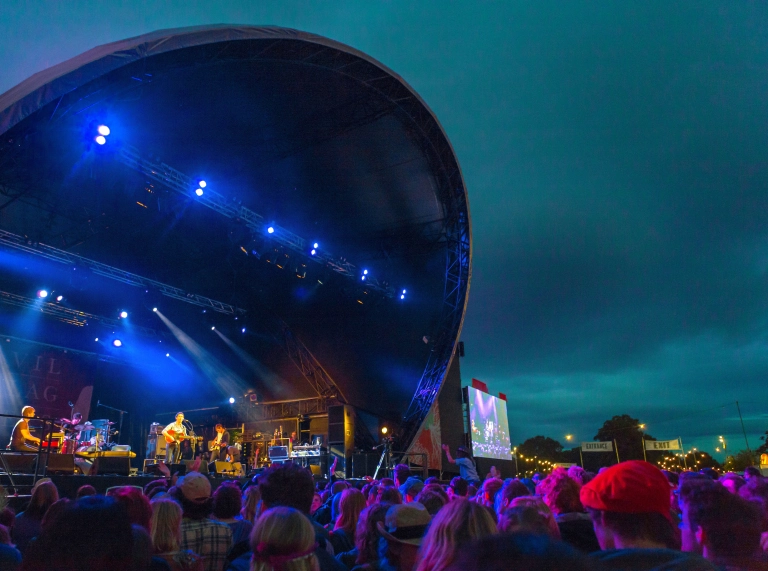
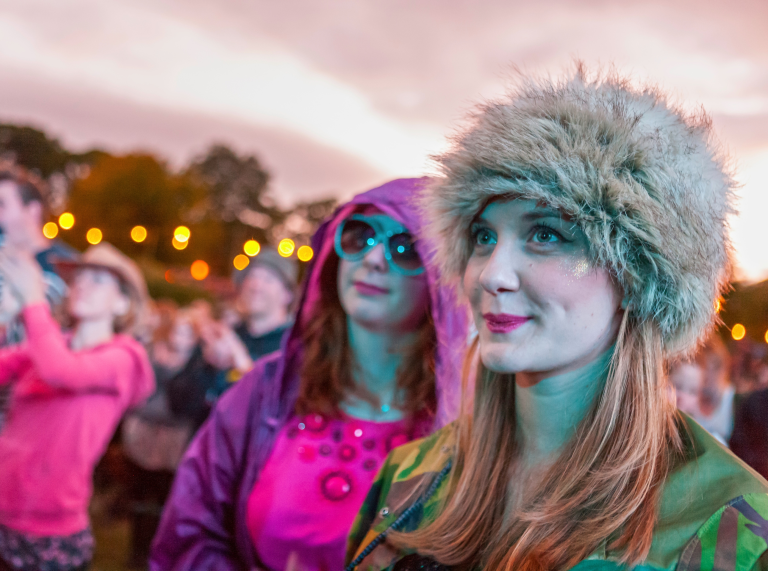
A normally quiet lake near Holyhead in Anglesey, North Wales, is the unusual venue for Gottwood, which brings pulsing electronic dance music to what The Independent has called 'one of the most beautiful festival sites in the UK'. Each October, Sŵn Festival brings light and sound to the lengthening nights with four days of gigs all across Cardiff. And, of course, you don't have to wait for a festival to catch live music, from the biggest international acts to up-and-coming talent. Whether your taste is for jazz, folk, indie rock or chamber music, you'll find a thriving scene to explore in Wales.
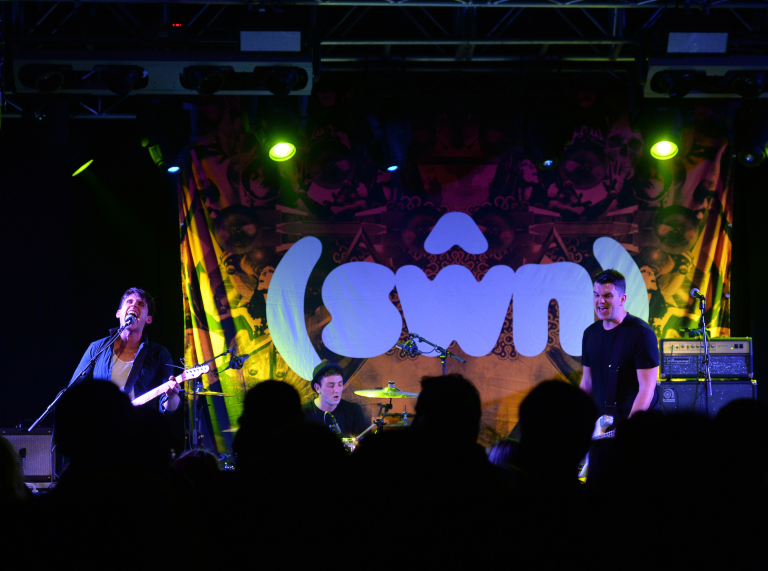
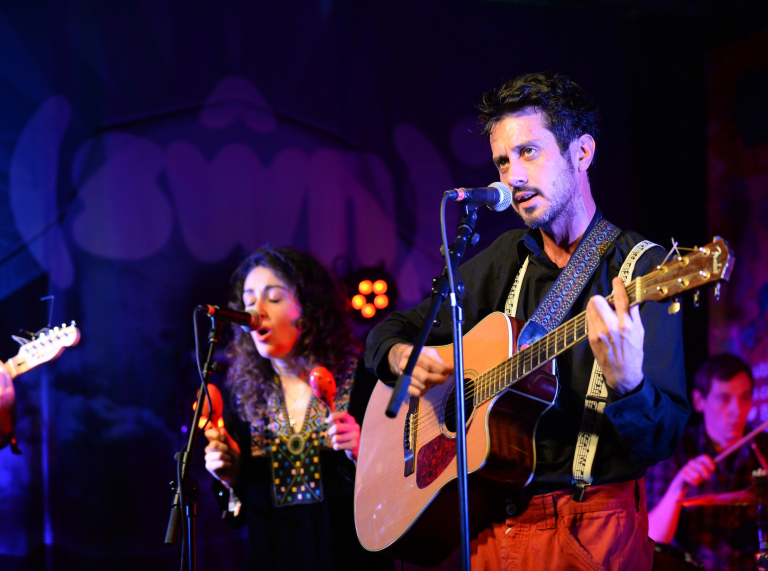
Words and action
Storytelling is woven into the fabric of Welsh life. The Hay Festival – a 'Woodstock of the mind', in the words of Bill Clinton – is now well-established as Europe’s greatest literary celebration. Hosted in the market town of Hay-on-Wye, the famous 'town of books' becomes a republic of the written word, where you’ll see the world’s most eminent writers and thinkers striding down Castle Street, deep in debate.
A wealth of smaller, more intimate events take place throughout Wales. Beyond the Border, held every two years in the grounds of St Donat’s Castle, South Wales, is all about preserving and passing on folk tales from all the world’s cultures. Merthyr Rising, by contrast, pays feisty tribute to working-class culture in the town where the red flag was first flown as a symbol of revolt.
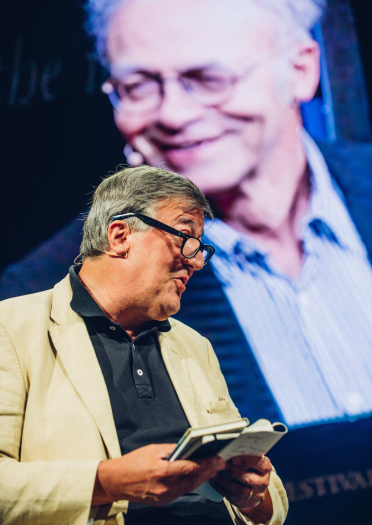
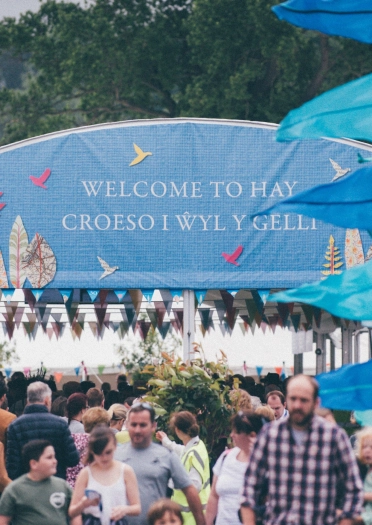
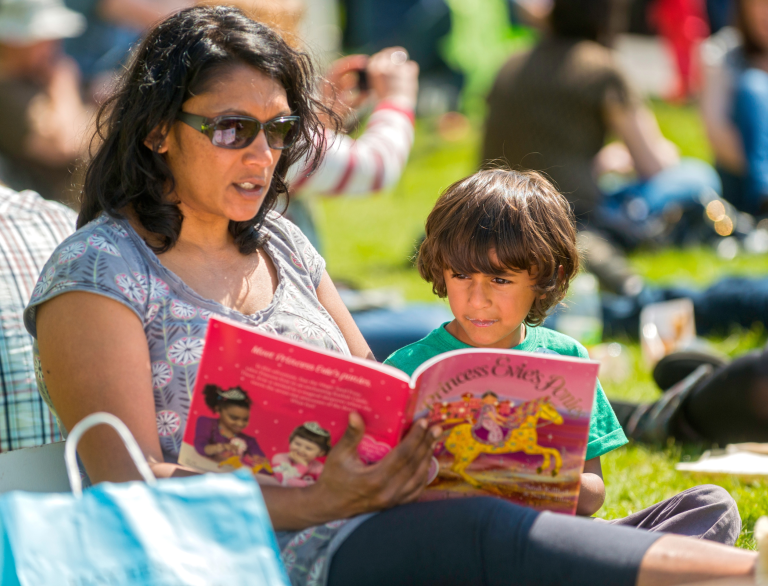
And then there’s sport. Rugby has a special place in the nation’s affections. Principality Stadium hosts rock concerts and monster truck rallies as well as rugby matches, but many would say that their noise doesn’t approach the roar when Wales’ rugby union team emerges on to the field for a Six Nations game. We've also hosted 21 games over four different editions of the Rugby World Cup.
The long standing popularity of football has been further increased recently by the national team’s success, the worldwide fame of Wales and Real Madrid star Gareth Bale, and having a team in the Premier League (though not always the same one). Match days don't come much bigger or glitzier than the UEFA Champions League Final, which Cardiff hosted in 2017.

If that's not enough action, Wales also has an international test cricket ground, Sophia Gardens Cardiff, South Wales, with seating for just short of 16,000 spectators. In 2010, golf's Ryder Cup came to the Celtic Manor Resort. And all that's without mention of Wales Rally GB, the Speedway Grand Prix, boxing at Principality Stadium ... it's a year-round sporting calendar.
Whatever the occasion, Welsh audiences crackle with energy – and we’re generous with our applause.
